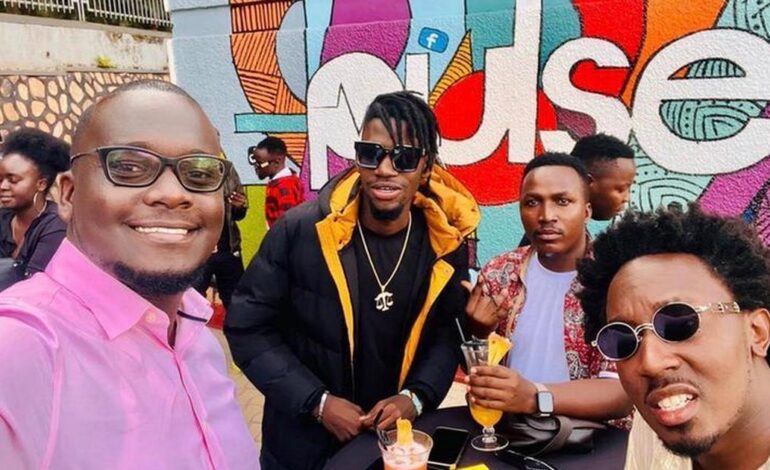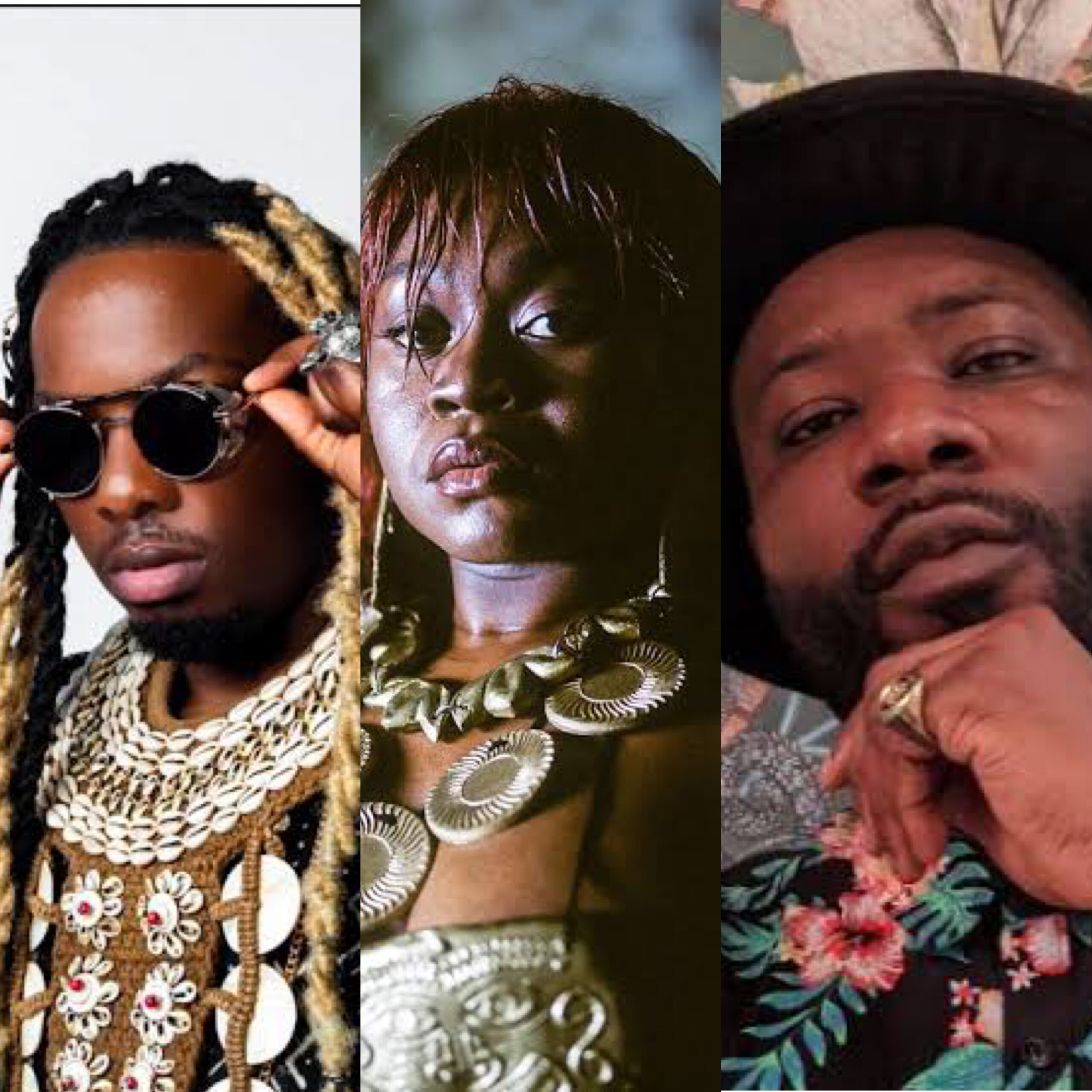Young people in Nairobi use Sheng, an urban, youth sociolect that mixes English, Kiswahili, and ethnic languages and shares many features with slang, to forge a new, hybrid identity. Sheng signifies the negotiations and struggles of youth’s identity project. The institutions of family, church, school, and popular media present Kenyan youth with different possible identities. The voice of the family comes to them in ethnic languages that embody tradition and heritage.
The voice of education asks them to place Kiswahili at the center of a multicultural ideology, but does so in English. The church calls to them in Kiswahili and English. The voice of the media comes to them in videos, movies, music, radio, and television and is heard mostly in English. Each of these languages represents a particular ideology of living in the world and young people respond through language. Sheng gives young people the wherewithal to question and challenge the ideologies and identities that attempt to define them.

Sheng also signifies the construction of a linguistic third space between the global, represented by a transnational African diasporic culture, and the local, represented by tradition. This dissertation also focuses on two groups of culture brokers that are helping to shape Sheng and, as a consequence, shape identity—rap musicians and Manambas. Manambas are young men who work on Kenya’s privately owned public service vehicles popularly known as Matatus. Many of Kenya’s rappers feel a sense of responsibility toward the youth; and as the voices of their generation they feel an obligation to promote the importance of African heritage in young people’s definition of self.

Manambas are the master innovators of Sheng, however, they do not share rappers’ sense of responsibility nor do they have a coherent social agenda for young people. While rappers negotiate between tradition and modernity, Manambas stand in between the global and the local. Through their consumption of commodities, including fashion and music, transnational culture is given currency and symbolic power in the expression of identity.


